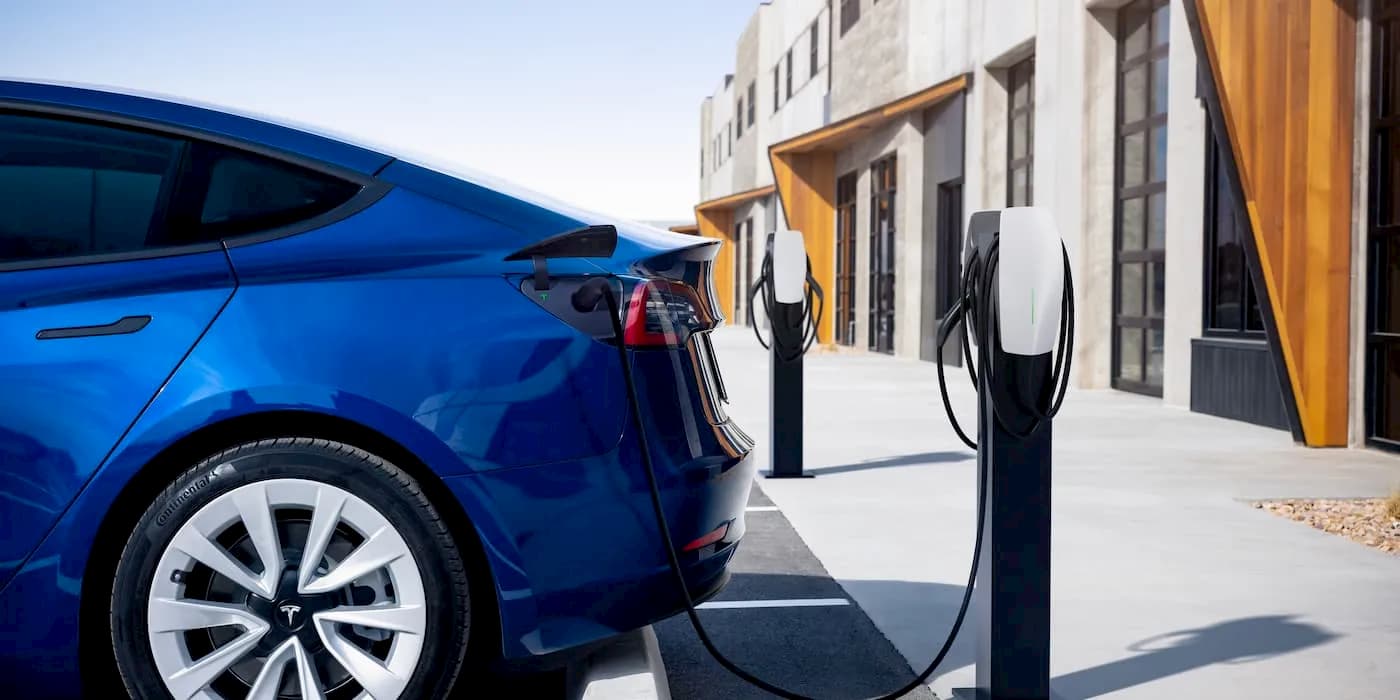The Efficiency of Electric Vehicles: The Future of Sustainable Transportation

In today's world, environmental sustainability and energy efficiency are becoming increasingly crucial. Electric vehicles (EVs) have emerged as an alternative to traditional internal combustion engine vehicles, presenting a more environmentally friendly transportation solution. The efficiency of electric vehicles is assessed based on various factors.
1. Energy Sources and Environmental Impact:
The environmental effects of electric vehicles depend on the source of the electricity used. If electricity is generated from renewable energy sources such as solar, wind, or hydroelectric power, electric vehicles become significantly eco-friendly. However, when electricity is derived from fossil fuels like coal, the environmental advantages diminish.
2. Battery Technology and Range:
The battery technology employed in electric vehicles significantly influences their efficiency. High-capacity, lightweight, and long-lasting batteries enhance the vehicle's range while ensuring energy efficiency. The ability to rapidly charge batteries also enables users to utilize electric vehicles more effectively.
3. Grid Infrastructure and Charging Stations:
For the widespread adoption of electric vehicles, a fast and extensive charging infrastructure is essential. Advanced grid infrastructure allows users to charge their vehicles more conveniently and quickly. Investments in charging stations alleviate concerns for long-distance travelers, encouraging the use of electric vehicles.
4. Vehicle Design and Aerodynamics:
The design of electric vehicles, including their aerodynamic features and materials, affects energy consumption. The use of lightweight materials and aerodynamic design contribute to longer vehicle ranges and reduced energy consumption.
5. Manufacturing and Recycling:
Consideration should be given to the production processes and waste management of electric vehicles. Sustainable manufacturing processes and battery recycling programs can reduce the environmental impact of electric vehicles throughout their life cycle.
Most Efficient Electric Vehicle Brands and Reasons
Electric vehicles (EVs) have gained prominence in the automotive industry, and several manufacturers are at the forefront of producing highly efficient electric vehicles. Here are some of the most efficient electric vehicle brands, along with the reasons for their prominence:
1. Tesla:
Tesla is widely recognized as a pioneer in the electric vehicle market. The company's vehicles consistently achieve high efficiency ratings due to their advanced battery technology, cutting-edge aerodynamics, and continuous software updates that optimize performance. Tesla's commitment to pushing the boundaries of electric vehicle capabilities has solidified its position as a leader in efficiency.
2. Nissan:
Nissan, particularly with its Nissan Leaf model, has been a key player in the electric vehicle market. The Leaf is celebrated for its affordability and efficiency, making electric mobility accessible to a broader audience. Nissan's focus on improving battery technology and range has contributed to the efficiency of its electric vehicles.
3. BMW:
BMW's electric vehicles, such as the BMW i3 and i8, showcase the brand's dedication to blending performance with efficiency. BMW employs lightweight materials in its electric vehicle designs, enhancing energy efficiency without compromising on driving dynamics. The brand's commitment to innovation extends to battery technology and sustainable manufacturing practices.
4. Chevrolet:
Chevrolet's Bolt EV has garnered attention for its impressive range and efficiency. The Bolt is known for delivering substantial electric range at a relatively affordable price point. Chevrolet's investment in battery technology and commitment to expanding its electric vehicle lineup has positioned the brand as a leader in efficiency within its segment.
5. Hyundai/Kia:
Hyundai and Kia, sister companies under the Hyundai Motor Group, have made significant strides in the electric vehicle market. Models like the Hyundai Kona Electric and Kia Niro EV offer commendable efficiency with competitive ranges. The companies' focus on research and development in battery technology and aerodynamics contributes to the efficiency of their electric vehicle offerings.
These electric vehicle brands lead the industry in terms of efficiency due to their commitment to advancing battery technology, optimizing aerodynamics, and prioritizing innovation in the electric mobility sector. As the electric vehicle market continues to evolve, these manufacturers are likely to play a crucial role in shaping the future of sustainable transportation.
In conclusion, the efficiency of electric vehicles is contingent upon factors ranging from energy sources to infrastructure, battery technology to design. Advances in these areas could lead to even greater efficiency in electric vehicles in the future, reducing barriers to sustainable transportation and minimizing adverse effects on the environment. The adoption of electric vehicles is shaped not only by individual and corporate preferences but also by policy and industry support.








































